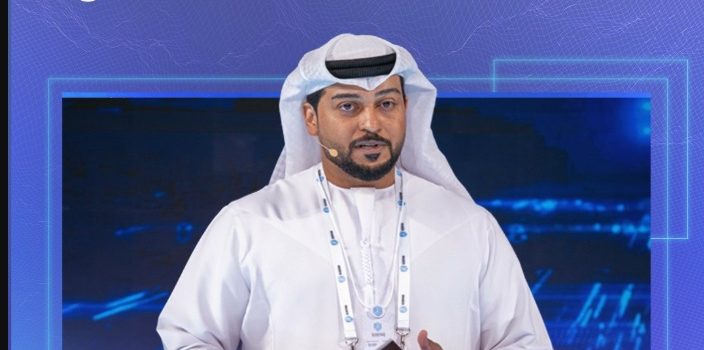
The UAE Public Prosecution unveiled its plan to integrate AI ( Artificial Intelligence) and Blockchain as well as the metaverse for criminal cases, during the Governance of Emerging Technologies Summit in Abu Dhabi this week. The initiative is part of UAE Public Prosecution’s 2045 strategy which aims to cut the processing times of cases up to 100 percent while ensuring accuracy transparency and security in the justice system.
Chancellor Salem Al Zaabi, Chief Prosecutor at the Office of the UAE Attorney General, outlined how AI will be embedded at every stage of the legal process — from the initial classification of complaints to case resolution. “Artificial intelligence will be used to identify contradictions in evidence, interpret technical reports, and summarize complex legal files,”
he said.
AI will also assist prosecutors in prioritizing police reports based on urgency and severity, allowing faster and more informed decisions. Despite the technology’s expansive role, Al Zaabi emphasized that AI is a support tool, and not a substitute, with human prosecutors remaining central to all decisions.
Blockchain technology will also play a key role in securing evidence. By tracking seized items, storing sensitive digital data, and preserving the chain of custody, blockchain ensures legal evidence remains unaltered and tamper-proof.
“We must ensure that no one can access or alter this evidence,” Al Zaabi noted.
The initiative follows lessons learned from the UAE’s first cryptocurrency case, which exposed gaps in the legal system’s readiness to handle digital crimes. The complex case, which involved months of external consultation and a 100-page report, ultimately led to a conviction, but also a realization that prosecutors needed better digital literacy.
Since then, specialised training programs have been introduced to equip prosecutors with skills to handle new-age crimes involving NFTs, cryptocurrencies, and other digital assets.
Looking ahead, the Public Prosecution will use metaverse platforms and virtual reality to simulate crime scenes, offering courts and investigators a more immersive understanding of incidents. Predictive AI models will also be deployed to identify criminal patterns and allow early intervention.
The UAE also plans to strengthen international cooperation by launching a platform to coordinate with public prosecution offices globally.
“Digital crime knows no borders,” Al Zaabi said, calling for unified global action against cyber threats.
“We will harness technology to protect rights, accelerate procedures, and deliver precise, humane justice.”








